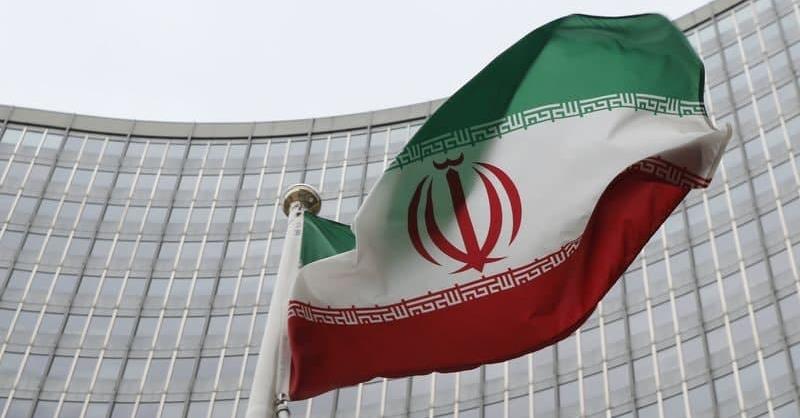VIENNA, March 8 (Reuters) - Western powers on Tuesday warned Russia against wrecking an almost completed deal on bringing the United States and Iran back into compliance with the 2015 nuclear accord, as Iran's top negotiator was set to return from consultations in Tehran.
Eleven months of talks to restore the deal which lifted sanctions on Iran in return for curbs on its nuclear programme have reached their final stages.
But they have been complicated by a last-minute demand from Russia for guarantees from the United States that Western sanctions targeting Moscow over its invasion of Ukraine would not affect its business with Iran.
U.S. Under Secretary of State for Political Affairs Victoria Nuland said Russia was seeking to reap extra benefits from its participation in the effort to restore the nuclear agreement, but it will not succeed.
"Russia is trying to up the ante and broaden its demands with regard to the (nuclear deal) and we are not playing 'Lets make a deal'," Nuland, the No. 3 U.S. diplomat, told a Senate Foreign Relations Committee hearing.
Iran's top negotiator Ali Bagheri Kani is due back in Vienna on Wednesday after unexpectedly returning to Tehran on Monday for consultations, an Iranian and a European official said.
The talks' coordinator, Enrique Mora of the European Union, said on Monday the time had come for political decisions to be taken to end the negotiations.
"The window of opportunity is closing. We call on all sides to make the decisions necessary to close this deal now, and on Russia not to add extraneous conditions to its conclusion," Britain, France and Germany said in a joint statement to the U.N. nuclear watchdog's 35-nation Board of Governors.
Iran has sought to remove all sanctions and it wants guarantees from the United States that it will not abandon the agreement once more, after then-U.S. President Donald Trump walked out of the deal in 2018 and reimposed sanctions.
Diplomats have said until now that several differences still needed to be overcome in the talks, including the extent to which sanctions on Iran, notably its elite revolutionary guards, would be rolled back and what guarantees Washington would give if it were to again renege on the deal.
Two Western officials said there was now a final text on the table and those issues had been resolved.
While they couldn't rule out further last-minute surprises, they said the last big open question was whether Russia's demands were manageably narrow and limited to nuclear cooperation spelled out in the agreement, as Moscow's envoy to the talks has told other parties, or much broader, as Russian Foreign Minister Sergei Lavrov has described them.
"We are very close to an agreement. It is essential we conclude while we still can," France's Foreign Ministry spokeswoman Anne-Claire Legendre told reporters in a daily briefing.
"We are concerned by the risks that further delays could weigh on the possibility of concluding," she said.





